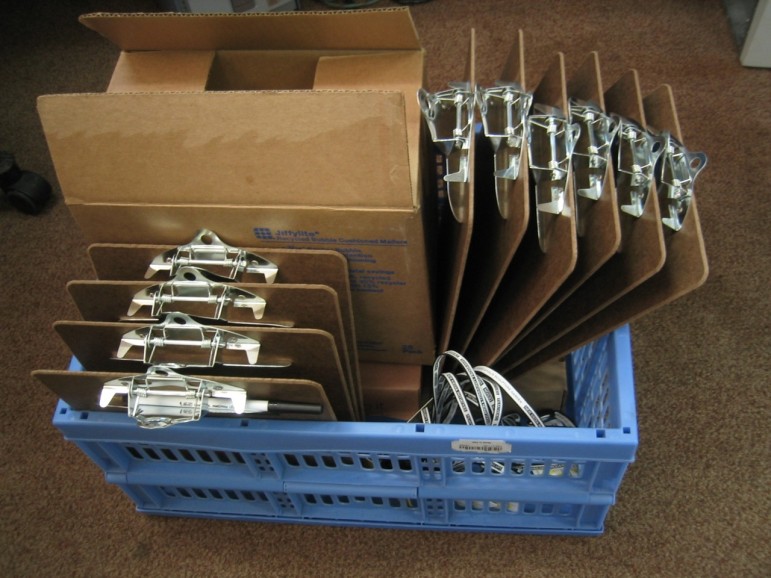
September 28, 2015; Politico
Some nonprofits have for years used door-to-door canvassers to raise money. Some use volunteers, but when paid representatives are involved, the labor problems can be intense.
In a decision handed down on September 25th by the National Labor Relations Board, door-to-door canvassers for a charitable nonprofit were found to be employees rather than independent contractors under federal labor law. The suit was brought after the organization allegedly terminated a canvasser for engaging in union activity, and the NLRB decision reversed an administrative law judge.
The nonprofit in question is Sisters’ Camelot in Minneapolis, and their argument was that canvassers “elect whether to work on any given day and are not required to notify the respondent of their plans.” But the NLRB found that, “Critically, when the canvassers work…they do so at times and locations determined by the respondent.”
Sign up for our free newsletters
Subscribe to NPQ's newsletters to have our top stories delivered directly to your inbox.
By signing up, you agree to our privacy policy and terms of use, and to receive messages from NPQ and our partners.
“Their compensation is nonnegotiable and strictly limited by the respondent’s time and location restrictions,” reads the judgment, “Canvassers must generally use the respondent’s tools and instrumentalities, including materials and transportation. They have no proprietary interest in any part of the canvassing operations….They must keep accurate and detailed records as part of the respondent’s close scrutiny of their activities. If they do not comply with the respondent’s directives, they may be subject to discipline.”
The canvassers are represented by the IWW Sisters’ Camelot Canvass Union and their description of the conflict is as follows:
We are the canvassers of Sisters’ Camelot, a 501(c)(3) non-profit organization that distributes free organic food to low-income neighborhoods in the Twin Cities. Our work keeps Sisters’ Camelot running: through canvassing we raise 90-95 percent of the funds that allow the organization to operate. Unfortunately, we feel there is a culture of disrespect against canvassers—one which even Sisters’ Camelot engages in despite its radically progressive nature.
Sisters’ Camelot is managed by a collective. They work on the programming aspects of the organization (i.e., the kitchen bus, food share bus, urban garden), coordinate volunteers, maintain the books, and manage the canvass operation. As such, they are our bosses: they have exclusive power to hire, fire, suspend, promote, demote canvassers. This power disparity is unfair to us; we have the intellect, skills, and experience to manage the canvass ourselves.
The NLRB board cited a year-old decision it made that found that FedEx drivers were employees rather than contractors.—Ruth McCambridge













